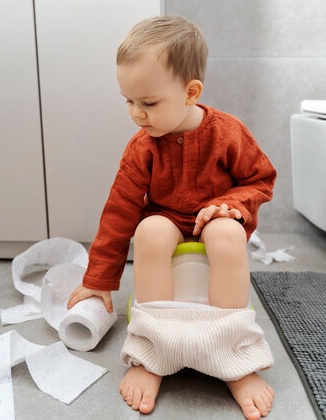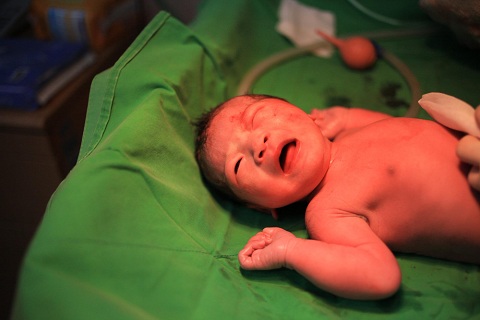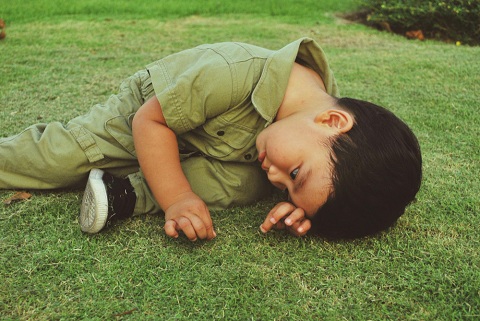Infantile diarrhoea is a common concern among parents, characterized by frequent watery stools in infants. Understanding its causes, symptoms, and prevention options is crucial for effective management.
Infantile diarrhoea refers to loose, watery stools in infants, often accompanied by abdominal discomfort. It is a prevalent condition, especially in infants under one year old.
Types of Infantile Diarrhoea
There are several types of infantile diarrhoea, each with its own causes and characteristics:
- Acute Infectious Diarrhoea: Caused by viral, bacterial, or parasitic infections. Common pathogens include rotavirus, norovirus, E. coli, Salmonella, and Giardia.
- Chronic Diarrhoea: Lasting longer than two weeks, often due to underlying conditions like food allergies, inflammatory bowel disease, or malabsorption syndromes.
- Toddler’s Diarrhoea: Common in toddlers and characterized by frequent, watery stools without other symptoms. Usually related to dietary factors such as excessive fruit juice consumption.
- Antibiotic-Associated Diarrhoea: Occurs due to disruption of normal gut flora by antibiotics, leading to overgrowth of harmful bacteria like Clostridium difficile.
- Reactive Diarrhoea: Triggered by specific foods or intolerances, such as lactose intolerance or sensitivity to certain proteins in formula or solid foods.
- Traveler’s Diarrhoea: Caused by consuming contaminated food or water during travel, often in regions with poor sanitation.
- Functional Diarrhoea: Not linked to any identifiable infection or condition, possibly due to hypermotility of the intestines or sensitivity to certain foods.
Causes of Infantile Diarrhoea
Bacterial Infections
Bacterial infections, such as those caused by E. coli or Salmonella, can lead to diarrhoea in infants.
Viral Infections
Viruses like rotavirus and norovirus are common culprits of infantile diarrhoea.
Food Intolerance
Intolerance to certain foods, such as lactose intolerance, can trigger diarrhoea in infants.
- Overfeeding
- Underfeeding
- Excess fat or carbohydrate in the diet
Medication Side Effects
Some medications, particularly antibiotics, can disrupt the balance of gut bacteria and cause diarrhoea as a side effect.
Reflex diarrhoea theething
Reflex diarrhoea due to teething is not directly caused by the teething process itself. Teething may lead to increased saliva production and mild irritability, but it typically does not cause diarrhoea. However, some parents may observe changes in their baby’s stool consistency during teething, which can be attributed to factors like dietary changes or mild gastrointestinal disturbances rather than teething directly causing diarrhoea.
Symptoms and Diagnosis
The symptoms of infantile diarrhea can vary but commonly include and a healthcare professional can diagnose the condition through a physical examination and stool analysis.
- Frequent Bowel Movements: Infants may pass stools more frequently than usual, often with a loose or watery consistency.
- Abdominal Discomfort: Children may experience cramps, bloating, or abdominal pain.
- Dehydration: Diarrhea can lead to dehydration, characterized by dry mouth, reduced urine output, and lethargy.
- Fever: In some cases, infants with diarrhea may develop a fever as their body responds to the infection.
Treatment Options
Oral Rehydration Therapy
Maintaining hydration through oral rehydration solutions is crucial in managing infantile diarrhoea.
Dietary Changes
Adjusting the infant’s diet, such as avoiding certain foods that trigger diarrhoea, can be beneficial.
Medications for Specific Causes
In cases of bacterial infections, appropriate antibiotics may be prescribed.
Probiotics
Probiotics can help restore the balance of gut bacteria, aiding in diarrhoea recovery.
Prevention Tips
Breastfeeding Benefits
Breastfeeding provides essential nutrients and antibodies that can protect infants from diarrhoeal infections.
Hygiene Practices
Practicing good hygiene, such as washing hands before handling infants or preparing food, can prevent diarrhoeal illnesses.
Immunizations
Following recommended immunization schedules can protect infants from certain viral infections that cause diarrhoea.
Safe Food Handling
Ensuring that food and beverages are prepared and stored safely can prevent foodborne illnesses.
Vaccination
Vaccines against rotavirus can significantly reduce the risk of diarrheal infections in infants.
When to Seek Medical Help
If infantile diarrhoea is severe, persists for more than a few days, or is accompanied by dehydration symptoms, immediate medical attention is necessary.
Here are the FAQs about infantile diarrhoea:
Infantile diarrhoea typically lasts for a few days to a week. However, the duration can vary depending on the cause and severity of the infection.
Breastfeeding can help prevent infantile diarrhoea. Breast milk contains antibodies and beneficial bacteria that can protect infants from infections, including those that cause diarrhea.
Severe dehydration in infants with diarrhoea can lead to serious health complications. It can cause electrolyte imbalances, kidney problems, and even shock if left untreated. Prompt medical attention is essential to prevent these dangers.
Recurrent infantile diarrhoea can lead to nutritional deficiencies, growth issues, and weakened immunity if not properly managed. It’s important to address the underlying causes and ensure adequate hydration and nutrition to prevent long-term complications.
Conclusion
Infantile diarrhoea is a common condition with various causes, including infections and food intolerance. Understanding the symptoms, seeking timely medical advice, and following preventive measures are essential in managing and preventing diarrhoeal episodes in infants.





